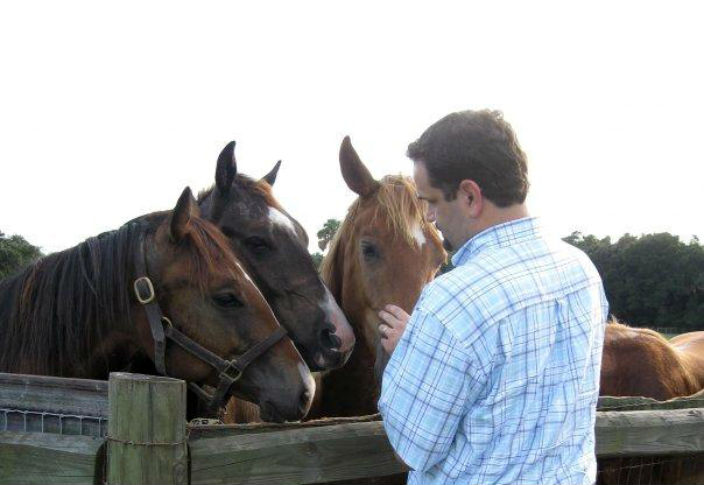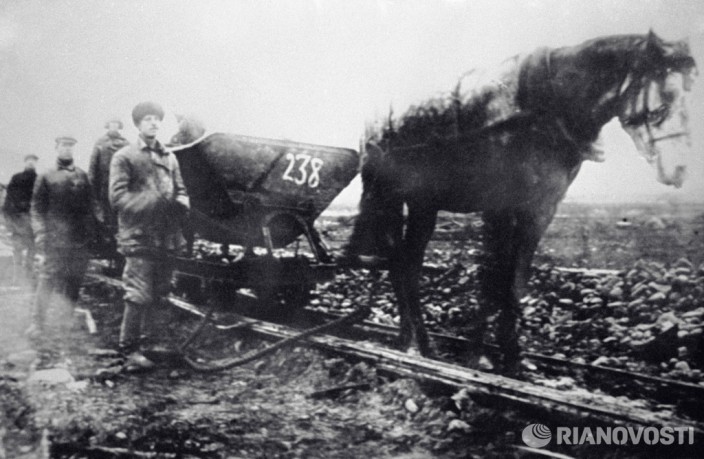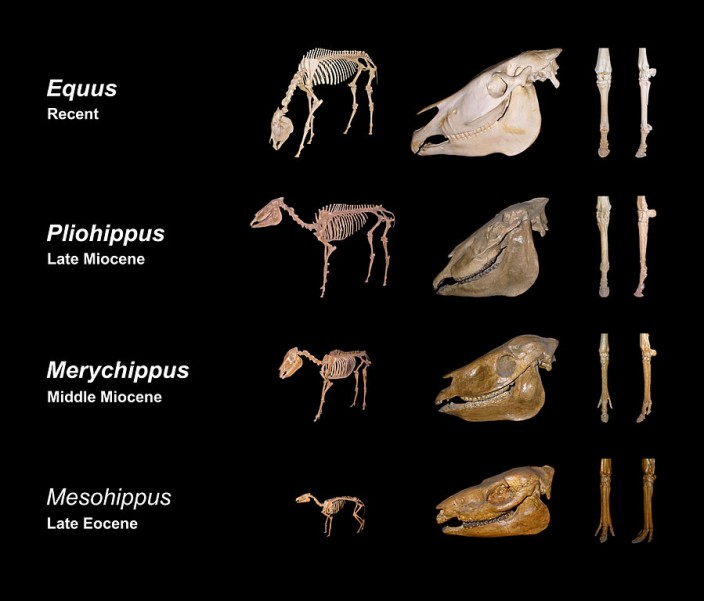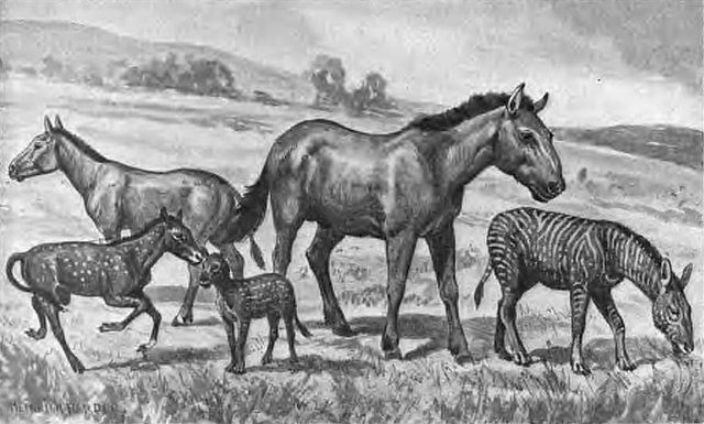
Equine physiologist Chris Mortensen studies the influence of exercise and stress on mare fertility. His laboratory at University of Florida conducts research on reproductive function in horses and other mammals. Dr. Mortensen also teaches marvelous The Horse Course at Coursera, which is absolutely essential for anyone interested in equids. In his interview for metkere.com Chris Mortensen explained why horses are man’s and woman’s best friends and talked about their role in modern economy.
— What are you working on now?
— Since we just finished our first Massive Open Online Course (MOOC), my development team and I are working on the next offering. Based on student feedback from the course we will be making improvements, including additional lectures and reworking some of the recorded material. It is a challenge to provide such a broad topic as “horse care” to thousands of students, all with various backgrounds and experiences. However, the first offering was really well received and as we continue to offer the course we will try our best to include as much information as possible.
In addition to my teaching duties here at the University of Florida, I am continuing to mentor my graduate students in their research endeavors. We are currently completing a study evaluating the effects of stress on stallion spermatozoa. In that study, we are investigating any effect these stressors may have on inducing DNA damage in individual sperm cells.
This work stems from my investigations into exercise stress on reproduction in the horse that has shown moderate exercise can be detrimental to a mare’s fertility in affecting her ability to conceive, and if she does, is often harmful to the early embryo. We suspect that exercise may induce damage to individual sperm cells post copulation.
We also are in the early stages of planning a study investigating the effects of soy-based diets on the reproductive performance of horses and rhinos. In captivity, many female white rhinoceros are having a difficult time conceiving and we suspect diets high in soy, and potentially other feedstuffs, may be impacting their reproductive performance. Soy-diets are high in a class of compounds called phytoestrogens, and as many know estrogen is a key reproductive hormone. These phytoestrogens can act like estrogen in the body and may be affecting many reproductive hormones and female cyclicity. Finally, as the horse is the rhinos closest relative, it makes a perfect domestic animal to study in trying to draw comparisons, as well as many horse-based diets can be high in these phytoestrogens. So as you can see, we are very busy here in Florida.
— It seems that horses have long ceased to play an important role in agriculture and the economy, but millions of people still own horses, they’re committed to horse riding etc. Why there is such a constant interest?
— Well, I agree in many developed countries horses play a minor role in agriculture, but you still see them working. While they may not be pulling many plows, many ranches around the world still use horses to work with cattle and other animals. In the under-developed world horses and donkeys still play a vital role in daily life.

Horse is driving trolley by rails, 1924. Photo by RIA Novosti.
As far as the economy, I know the horse industry here in the United States has a major impact and the last survey conducted about a decade ago demonstrated that the horse industry here contributed to over $100 billion dollars annually to our national economy.
So that leads to your important question on why is there such an interest? I believe that many people have rediscovered the special relationship we as a species have had with the equids that has evolved over the last several thousand years. With the invention of the automobile, the world the horse population plummeted as our main primary source of transportation became a car or truck and tractors took over their jobs on the farm. I know here in the United States, and I suspect around the world, after the Second World War, the horse population began to increase steadily. I suspect as the newness of automobiles had worn off, and as people jumped on the back of a horse, they discovered how wonderful it is to ride them and work with them on a daily basis.
They are truly wonderful animals and once you form a relationship with one, you get hooked. There is really something special about owning, riding and working with horses. I know here in the United States most of our growth is coming from the younger generation and their desire to reconnect with the outdoors. In my opinion, it is much healthier for people to go outside, work with horses getting fresh air and exercise, rather than sitting in front of a television or playing video games.
— What is the essence of horse studies? We lived close to each other for millennia, is there anything we still do not know about them?
— I addressed this some in my above comments about my current research and, yes, there is much we do not know. My main area of study is reproduction and to a lesser sense nutrition. We understand most of the basics of how these animals breed or what their diets should consist of. Yet, no one really knows how that might affect reproduction, or even their offspring. We are also investigating many emerging reproductive technologies and studying equine genetics.
A major hurdle in nutrition is many of us lead busy lives, so we cannot mimic what a horse does in nature and that is eat small meals throughout the day. Instead we feed them on average two large meals per day, and that has led to many digestive disorders such as colic and laminitis.
Chris Mortensen speaks about the influence of stress on horse fertility.
Additionally, we are feeding them more complex diets with commercial horse feeds and that is leading to problems such as insulin resistance, which is very similar to human diabetes. Even though horses have been domesticated for thousands of years, their basic physiology has remained the same, and many of our current management strategies can lead to health or even behavioral issues. So yes, there is much we do not know and many of us around the world continue to study them happily.
— Why, in your opinion, the ancestors of horses died out in the Americas, but survived and thrived in Africa and Eurasia?
— This is a great question and I know many scientists still debate this issue to this day. It surprises many people to learn that horses actually evolved in North America and then spread throughout most of the world. Horses died out in North America around the same time as other megafauna such as the mammoth, saber-toothed cat, giant ground sloth and many others.

Skeletal evolution of horses. Source: Wikipedia.
There is much debate in the scientific community on what exactly caused the die off, some suggest early man hunted them to extinction, climate change, a catastrophic event such as an asteroid impact or volcanic eruption, or any combination of the above. I will admit this is not my area of expertise, but I do find it fascinating and scary.
Today we are seeing tremendous pressure on a whole host of species, and sadly I fear we are going to see many large mammals, and many, many other species of life go extinct in our lifetimes. Unless humanity can come together and start solving some of the problems facing all of us, I fear for the world we will leave behind.

Extinct equids restored to scale. Left to right: Mesohippus, Neohipparion, Eohippus, Equus scotti and Hypohippus. Source: Wikipedia.
— What is the main gift of horses to humanity?
— I will argue with anyone that horses are man’s (or woman’s) ‘best friend’. No other species has helped humans evolve as much as horses and donkeys. While many other domestic animals provided us with shelter, clothing, food and protection, the equids allowed us to do that and more, not to mention to travel farther faster. Once a group of early humans domesticated horses they could explore more of their world, hunt more effectively, interact with other groups and thus, horse and donkey domestication had a major positive impact on human population growth.
Yet, when I also ponder on this question I can’t help and think about my own experiences with horses and how much more alive I feel when I am around them or when I am out riding. Many of us that work with these animals speak of how a horse can look into your soul and once you experience that, you are hooked. So while many of us own other animals such as cats or dogs, and we do form special bonds with them, with a large animal such as a horse it just seems stronger and different. I think that goes back to why we have seen over the last few decades such a tremendous growth in the horse industry throughout the world, as more and more people rediscover this special relationship.
Previously at metkere.com:
- Michael Kuhar: We’re only beginning to understand how the brain works.
- Edwin Bakker: Investment in the rule of law is the best counterterrorism strategy.